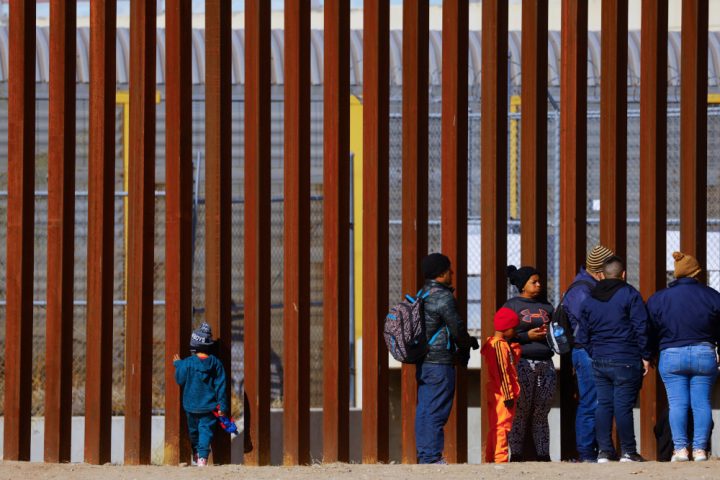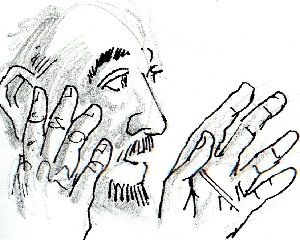
“Fear no one. Nothing is concealed that will not be revealed” (Matt 10:26).
Twelfth Sunday in Ordinary Time
Jer 20:10-13; Ps 69; Rom 5:12-15; Matt 10:26-33
How many bad choices are attributable to fear – either to do something we know is wrong or to fail to stand up for what is right? Jesus understood this basic cause of human weakness and repeatedly told people not to be afraid.
Internet sites claim that the injunction against fear appears over 360 times in the Bible. But most of us need only our own histories to admit that intimidation was a factor in moments we wish we could do over, especially youthful indiscretions that can still evoke a flash of shame. We did foolish things because of peer pressure. We failed to show courage because we were afraid of criticism or ridicule.
Jesus’ words about fear in today’s Gospel were addressed to an early church facing persecution, which led some to deny their faith, families and friends to save themselves. Jesus distinguished between threats to the body and to the soul. He told his disciples not to be afraid of bodily death, but soul death was to be feared. What did he mean? One possibility is that if evil co-opts our consciences, we become complicit in what we know to be wrong.
In the film, “A Man for All Seasons,” St. Thomas More’s daughter pleads with him to sign a false affidavit to save his life. He extends his cupped hands as a metaphor for his integrity, saying that even a small opening would drain his soul like water. He will enter eternity headless rather than betray his conscience. Only grace can inspire such heroic courage, which is why we honor martyrs like Joan of Arc, Maximilian Kolbe and Franz Jagerstatter.
Debilitating fear can also follow trauma. The greatest violence inflicted on victims of rape and child abuse by perpetrators has been to add blame and shame to their suffering by convincing them that this was their fault. Jesus’ harshest warning was to those who would steal the innocence of a “little one.” Better for them had they never been born.
Jesus knows there will be victims. He himself was one of them. He wants to protect his disciples from despair. God sees and holds accountable every evil act. No amount of power or money can hide sin forever. If God cares for the birds and every hair on our heads, God will also bring us through any suffering or crisis, even death.
The Word of God holds powerful relevance for the victims of official misconduct, the millions of victims of slavery and the hundreds killed during the racial attack on Greenwood, Oklahoma, in 1921. The international spotlight now on racism and cover ups in policing, verified by video evidence of brutality victims have claimed for decades, is forcing both reforms and a public examination of conscience about the racial bias embedded in American history and culture.
The nonviolent Jesus offers the only way forward, a radical metanoia that acknowledges both systemic and personal complicity in racial and economic disparity. It requires a commensurate commitment to truth and reconciliation to affirm the fundamental dignity and equality of every human being sharing the planet.
If this call to repentance seems like wishful thinking, the alternative will be much harsher. The status quo is unsustainable and the challenge to this generation on issues like war, poverty, race, immigration, health care and the future of the planet is fateful. It will lead to either a kairos moment and moral uplift or an apocalyptic descent to institutional breakdown.
“Don’t be afraid,” Jesus is saying. But this does not mean the world will change if we do not. God’s unlimited grace is here to aid us in healing the suffering body of humanity, but only if we also act together to prevent the death of the world’s endangered soul.
Adapted from column published on June 21, 2020.



